[11/29/2006] - Jazzreview.com review of "Serenity Song"
A serene D.D. Jackson? I don’t think so.
Compared to what? Compared to his former self, before his recent matrimony and home-ownership, he may indeed feel serene. Compared to smooth jazz musicians, for example, Jackson’s playing is veritably electrifying, even in what he describes as his serene state.
That is to say, Jackson has lost none of his force. Never fear that. The synapses still crackle with current measured in high-powered kilovolts. When Jackson engages in an aggressive trio interchange with bassist Ugonna Okegwo and drummer Dafnis Prieto on “Etude,” this propulsive showcasing of individualistic talent proves how well the threesome can anticipate the others’ ideas. (Of course, Okegwo was one-third of the Jacky Terrasson Trio’s unfogettable recordings, and Prieto has sparked numerous jazz groups, including his own, with crisp, polymetric drumming.) One can only marvel as Jackson and Prieto hit the notes of “Etude” with the thrilling simultaneity, Jackson seeming to challenge Prieto with dynamic swells, sudden stops and metrical surprises.
Even when Jackson could be described as “serene,” as on “Chi-pin’s Song,” an affecting tribute to Taiwanese violinist Chi-pin Hsieh (whose presence violinist Christian Howes intends to invoke), Jackson’s playing evolves from an emotionally resonant melody to Don Pullen-inspired swirls and sound clusters, as if his exuberance in recalling the experience of playing with Hsieh could not be contained. Serene yet again, Jackson brings in saxophonist Sam Newsome on “Nocturne,” a gently flowing piece on which Newsome shines on soprano sax, supremely melodic in the upper register of the instrument. Moreover, “Nocture,” as well as several other Jackson compositions on Serenity Song, remind one that his degree from Indiana University was in classical piano.
So does “Love Theme from Québécité,” which Jackson wrote as part of a jazz opera for the Guelph Jazz Festival. The song’s expressiveness carries over into cellist Dana Leong’s affecting solo, a reflection of Jackson’s initial exposition of the theme before Leong elevates it to another level. “Lushly,” on which Howes’s bass violin work captures the emotion of Jackson’s reflection on his Canadian childhood, helps to commence the serenity of Jackson’s current life stage when it was sung at his wedding.
Rather than conveying the tranquility of Jackson’s newly formed circumstances—for tranquility will never be the result when he sits down at the piano—Serenity Song instead presents with but a relatively small group of musicians the range of Jackson’s talents, including those compositional. Not only did Jackson write all of the album’s music, but also he produced it. “Three Shades of Mingus” certainly extends the album’s range of styles as Jackson pays tribute to his two primary jazz piano influences, Jaki Byard and Don Pullen, who performed with Charles Mingus. With an elastic notion of time and Leong’s switching to trombone to recall the sonority of some of Mingus’s groups, “Three Shades of Mingus” attains a sense of irresistible excitement and a feeling that anything can happen as they play with authority, looseness, spontaneity, bluesiness, dynamism and humor.
Serenity Song, D.D. Jackson’s seventh Justin-Time album, makes evident the progress of his growth.The expanse of his musical interests, uncontainable on even a series of albums, hints that even more still unheard ideas of Jackson’s may appear on future recordings. They may even be serene. However, that recorded serenity is unlikely to last for long. The ever-present charge that invigorates Jackson’s playing and distinguishes it no doubt always will energize his playing as he continues to excite listeners.
- Don Williamson, Jazzreview.com
